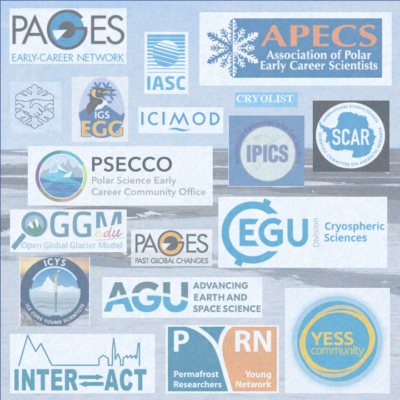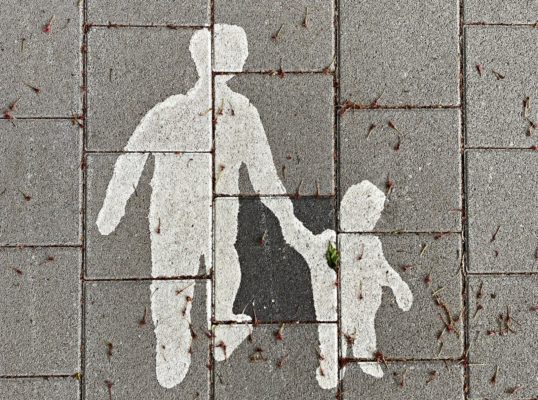Friday the 10 October, was World Mental Health Day, a day that was founded by the World Federation for Mental Health (WFMH) in 1992. This year’s official theme focuses specifically on mental health in the work environment. So let’s take a look at what this means for the field of academia and the cryosphere specifically. With this post, we aim to not only raise awareness of the mental health crisis ...[Read More]
World Mental Health Day 2024 with a focus on workplace



